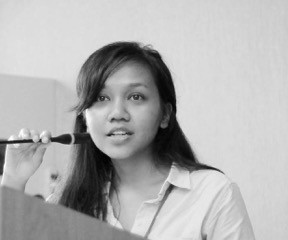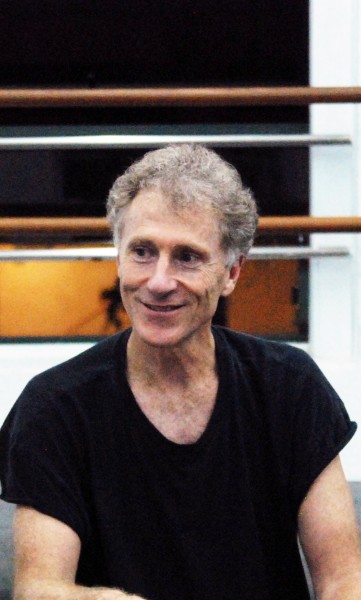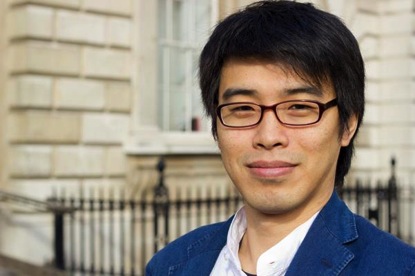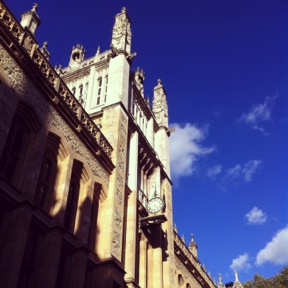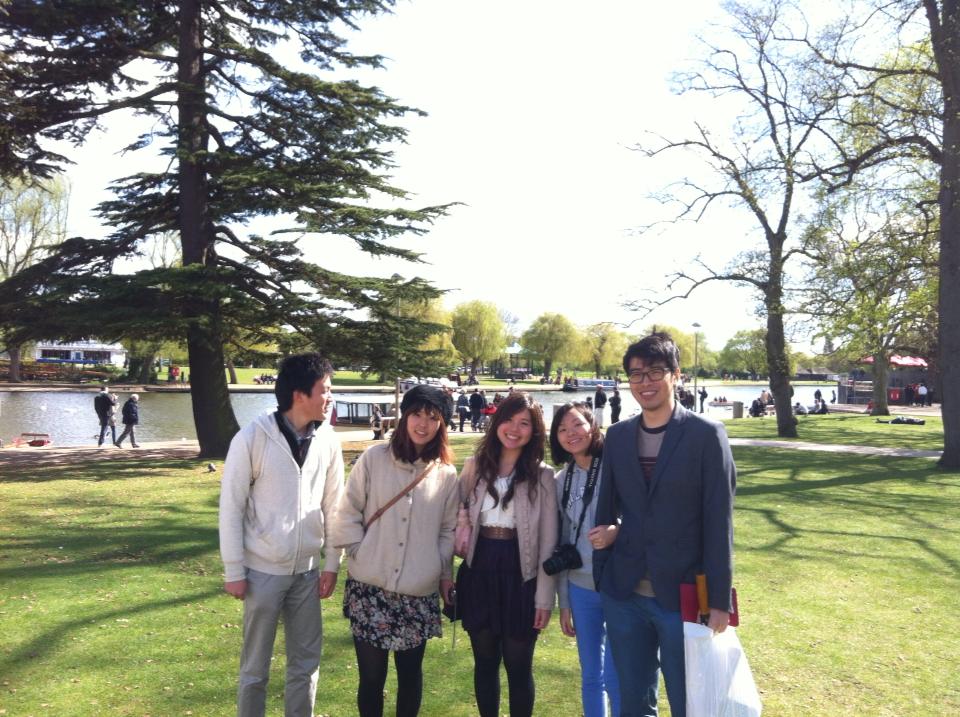In the autumn of 2014, I arrived at King’s College London (KCL or King’s for short) under its Joint PhD Degree Programme with NUS. Located in Central London by the side of River Thames, King’s is a vibrant academic community and the home of more than 10 Nobel Laureates. My stay in London and study at KCL have been a fruitful and eye-opening experience.
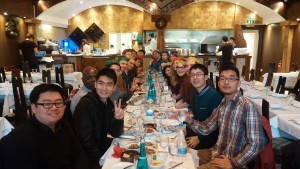
One feature I think very positively about King’s academic community is that the links across departments are strong and the boundaries are almost nonexistent. For example, although I was officially hosted by the China Institute for the Joint Degree Programme, I was able to appoint a professor from the Department of Management as my main supervisor because of the close proximity between my research and his. The King’s Interdisciplinary Social Science Doctoral Training Centre (KISS-DTC) was established with the aim to build links for social scientists across the college. Soon after I arrived at King’s, I became a member of the KISS-DTC and benefited a lot from the methodological training I received at the center. In the process, I also got to know and became friends with many doctoral students from other disciplines of social science.
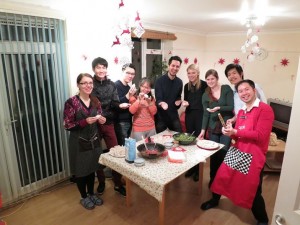
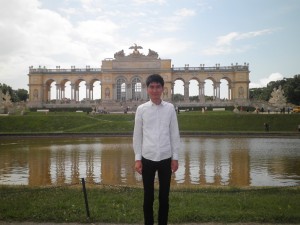
During my time at King’s, in addition to researching for my dissertation, I had the opportunity to audit two modules on European political economy and public policy. The insight gained from the modules complements my current research very well. Given that I focus on monetary policy, the case of the European Monetary Union has greatly enhanced my understanding of the topic and at the same time, poses many theoretically challenging questions for me to reflect on. Furthermore, these materials are very useful for a political economy module that I am currently teaching at NUS, as they allow me to introduce a European perspective to a mostly Asian audience.
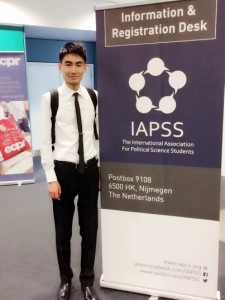
One good thing about studying at King’s is that one automatically has University of London. That brings about much more opportunities and resources beyond KCL itself. When I was at King’s, I often walked across the (highly dangerous) road to attend seminars at the London School of Economics and Political Science (LSE), talk to the scholars in my field of study or visit the British Library of Economics and Political Science (the LSE library). Moreover, the geographical location of London makes academic conferences in Europe much more accessible and affordable. Within the academic year, I managed to attend three conferences held in Jerusalem, London and Vienna. At the conferences, I received valuable feedback for my research and greatly expanded my social network.
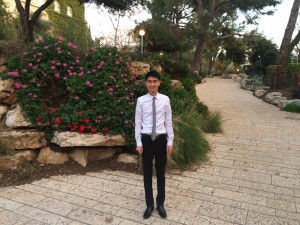
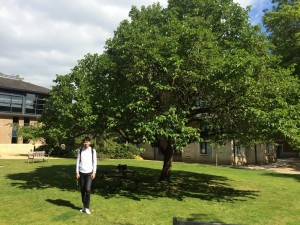
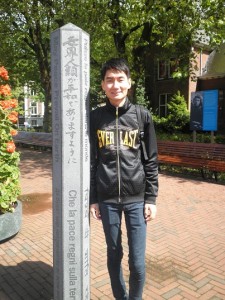
My life in London was certainly not all about academics. During my free time, I often walked along River Thames and visited the parks and the museums of London. On weekends, I could travel to other places in the UK for sightseeing or join my friends studying at Oxford or Cambridge. In addition, I also travelled to other European countries such as France and the Netherlands for slightly longer holidays during my stay in London. The marvel of the European culture and civilization only not opened my eyes and mind, but also constantly made me reflect on themes such as humanity, modernity and scientific progress.
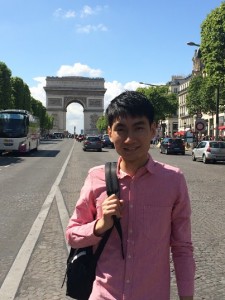
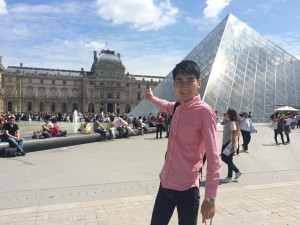

Today, when people ask me what I miss about London and the UK, I can easily give them a long list, which includes, among other things, the vibrancy and diversity of the society, the splendid culture, the spirit of the Industrial Revolution that continues to inspire us today, as well as the Green and Pleasant Land, the British sense of humor and the aphrodisiac accent. Virginia Woolf, a famous modernist English writer and alumna of King’s College London once wrote: “London itself perpetually attracts, stimulates, gives me a play and a story and a poem…” That is, I think, the most accurate and vivid summary of my memory of London.
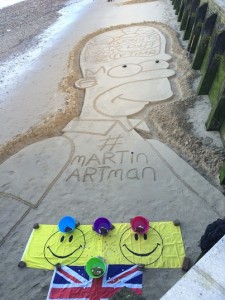

Li Xiang
Department of Political Science
